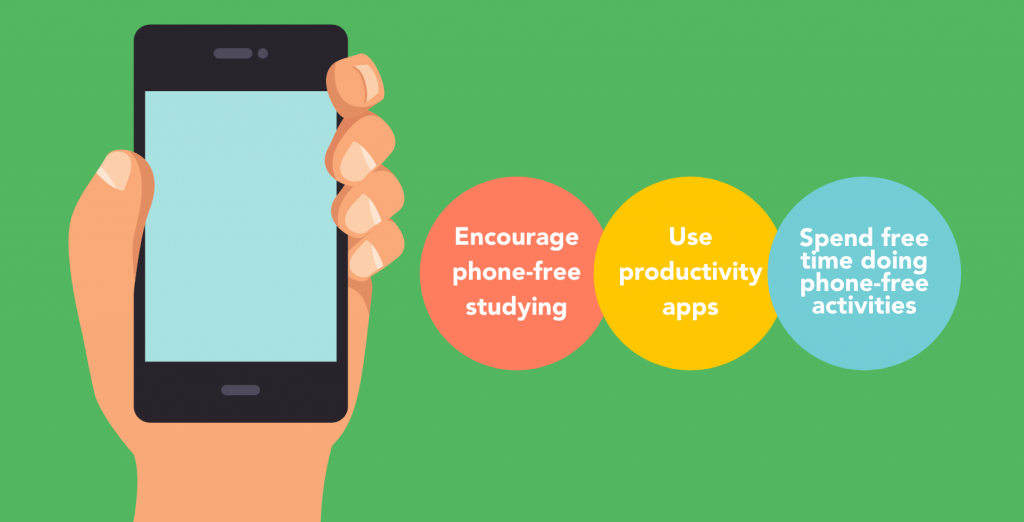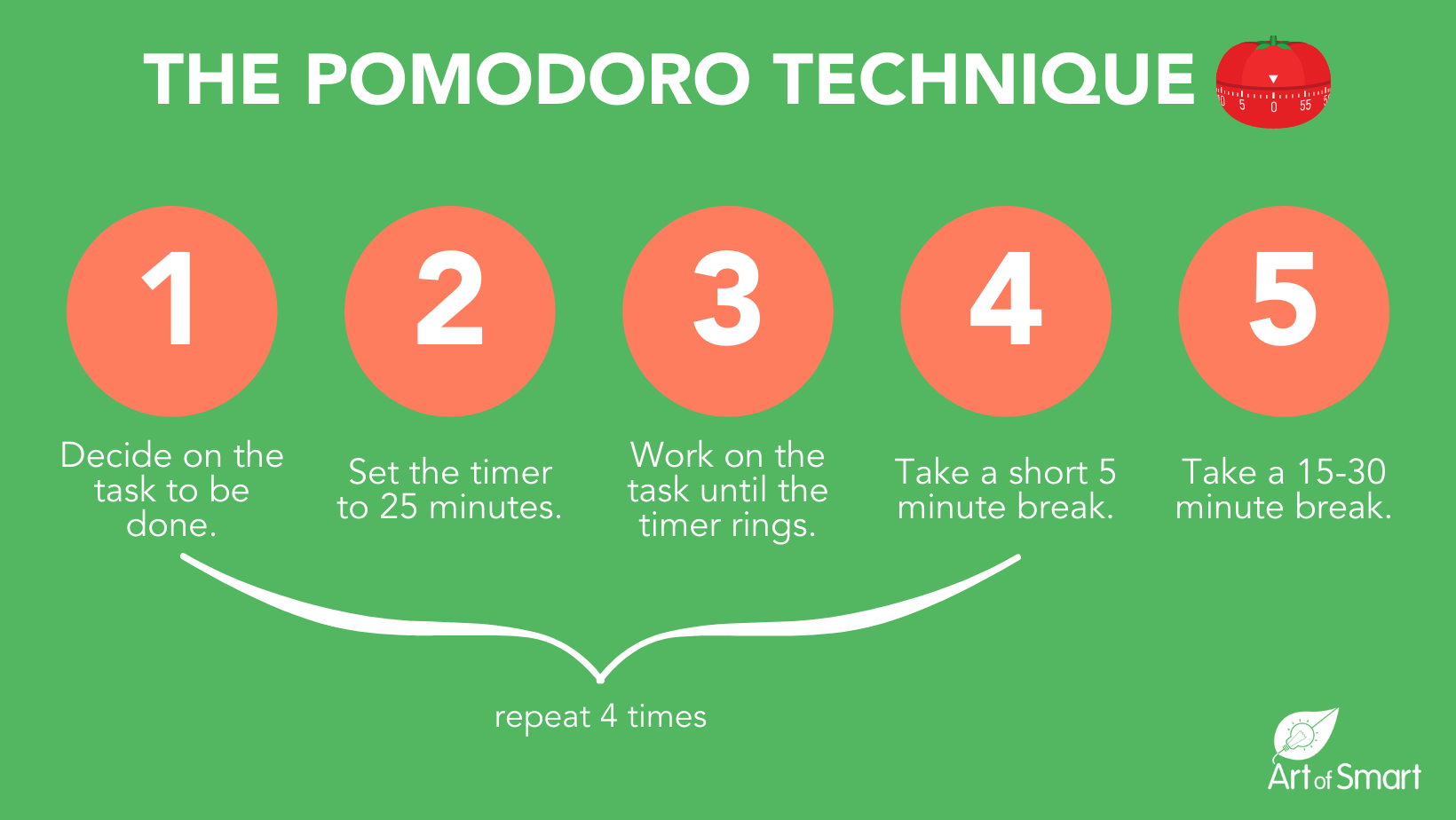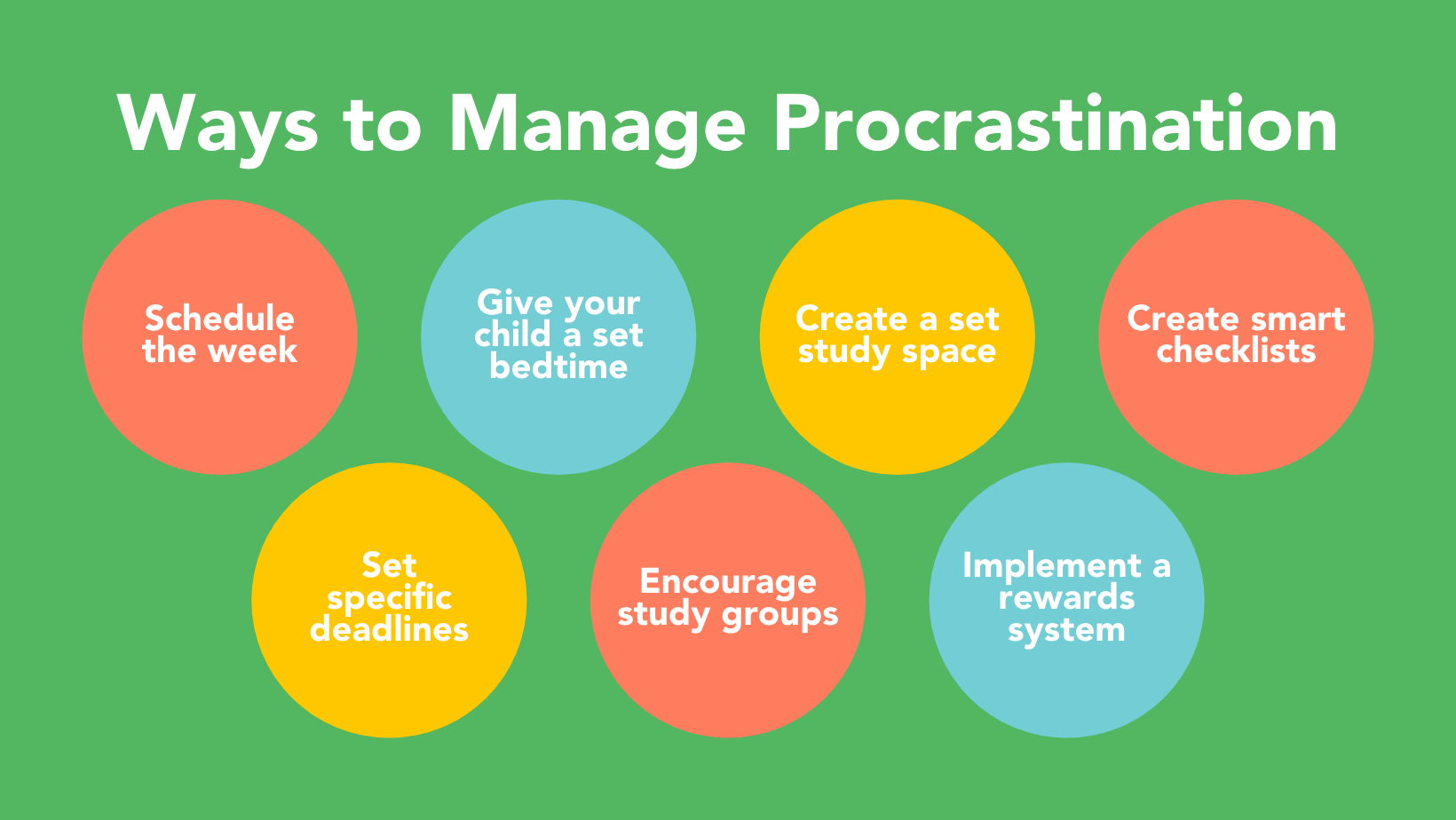Is your child’s screen time affecting their study? We’ve all been there… procrastinating on our phones when there’s study or work to be done. When it comes to the HSC, it’s important to learn to stop procrastinating and reduce digital distractions so that they can start studying better.
Not to worry, we’ve put together this ultimate guide so that you can help your child tackle procrastination!
Let’s dive in!
Why It’s Important to Reduce Digital Distractions
How to Reduce Digital Distractions
7 Ways to Stop Procrastinating and Start Studying
Why It’s Important to Reduce Digital Distractions
Phones are a big part of our everyday lives and we might find ourselves becoming increasingly dependent on them or distracted by them.
But when your child is studying for the HSC, their screen time can take up a pretty big chunk of the day and give them less hours to study. Phone usage before bed can also affect the quality of their sleep and as a result, affect their performance in assessments and exams.
This means phones might be one of the greatest distractions during the HSC. You can learn about what makes technology a major distraction and how to reduce screen-time below!
Why Your Child’s Phone May Be the Greatest Study Distraction
How to Reduce Digital Distractions
Since screens are such a big obstacle, reducing digital distractions is a great start when it comes to learning to stop procrastinating and start studying in more effective ways.
Tip #1: Take regular breaks
Encouraging your child to schedule regular breaks as part of reducing their screen time can boost productivity and help tackle procrastination.
The break can be as short as 20 seconds with the 20-20-20 rule! The rule aims to give their eyes a chance to relax every 20 minutes by looking at something at least 20 feet (6 metres) away for 20 seconds.
But it’s also important to encourage your child to take longer, more active breaks such as going for a quick 10 minute walk after working for an hour, or even taking a longer walk outdoors after studying for a large chunk of time.
Another great break option to help your child stay relaxed and motivated while reducing screen time is to call a friend! If your child is texting their friends often, calling can be a healthier and more social alternative.
It will hopefully make your child feel more connected to their friends while also reducing their screen-time.
Tip #2: Create a screen-free environment
Another tip to help reduce digital distractions while studying is to create a screen-free environment for your child. If they’re in a study space without phones and other technologies that aren’t needed for study, you’re essentially eliminating any digital distractions that might be affecting productivity. This will help them tackle procrastination and get the most out of their study time!
If your child needs a screen for note-taking, reading, or online practice papers, you can also suggest that they try to switch to hard copy notes! Hand writing notes and printing out any additionally textbook chapters or practice papers will eliminate practically all digital distractions including laptops.
Not only will this help stop procrastination, but it’ll also boost their memory retention and make them feel more productive!
We’ve got heaps more tips to reduce digital distractions while studying in the article below!
How to Help Your Child Reduce Screen Time During Study Hours
Tip #3: Engaging in Timed Study
A great way to minimise digital distractions and implement some of the ideas we just looked at, is to schedule clear blocks of timed study. This will help your child create a routine of screen-free study followed by a break which can stop procrastination and help them maximise the amount and quality of study they get done.
A good way to introduce timed study is the Pomodoro technique, where they take a 5-minute break after a 25-minute study block.
This 25/5 block is a ‘pomodoro’, and after 4 sets of pomodoros, they take a longer break of around half an hour. Once they’ve decided on the time structure, an important step of timed study is choosing the subjects to study each night.
This will help your child stay motivated and help them ‘switch gears’ so that they remain focussed on their study.
You can find out more about implementing timed study into your child’s routine to minimise digital distractions and maximise productivity in the article below!
Why Timed Study is Beneficial and How to Integrate It Into Your Daily Routine
7 Ways to Stop Procrastinating and Start Studying
With digital distractions reduced significantly, your child is certainly in a much more productive study-environment, but procrastination doesn’t always rely on technology! There may be other obstacles that prevent your child from studying effectively.
Now you might be wondering about other ways to help your child stop procrastinating and start studying more productively, and we know exactly where you can start!
Tip #1: Schedule the week
Building on what we chatted about earlier on, encourage your child to create a consistent weekly schedule with clearly blocked out times for the afternoon and evening activities. Not knowing what to do next is, after all, a major reason behind why students procrastinate!
Some things to consider when creating a weekly schedule include sleep, study times, extracurriculars, exercise, socialising, hobbies and ‘buffer’ time. This timetable will make your child’s daily routine more predictable and will make the study time seem a lot more achievable.
Tip #2: Set specific deadlines
Setting deadlines aims to help your child reach a certain milestone in their study in a certain amount of time. This might include completing a practice paper in timed conditions, making a quantifiable amount of progress on an assignment, or revising study notes in a particular time constraint.
Like the weekly schedule, this will create a sense of structure and routine which can combat the stress of decision-making that often leads to procrastination.
Tip #3: Give your child a set bedtime
Getting at least eight hours of sleep is super important when it comes to studying! Having a regular bedtime can help your child focus throughout the day and increase their memory retention and consolidation.
You can help your child set a bedtime routine by working out a good time to go to sleep and then trying to keep this bedtime consistent.
Tip #4: Encourage study groups
Study groups can be a great option to help your child beat procrastination and get productive studying done, especially if they enjoy working in a social environment!
Studying with friends and peers means they’ll be able to share ideas, gain new information and build on each other’s knowledge and perspectives. When your child sees their group working, they will be less likely to procrastinate because they’ll also focus on getting work done.
Tip #5: Create a set study space
Having a consistent study space such as an office at home is a great way to make sure that the basal ganglia, the habit-making part of the brain, learns to associate that particular space with studying. This can encourage your child to study when in that said study area which will help stop procrastination.
If you’re wondering about more ways to encourage your child to stop procrastinating, you can read more advice and tips through the article below!
How to Encourage Your Child to Stop Procrastinating Study
Tip #6: Implement a rewards system
Implementing rewards can be a fun and simple way to deal with your child’s procrastination. Work with your child to first establish what work needs to be achieved within a particular time frame such as a week, or a few days.
Ask your child to choose activities they really enjoy doing and then depending on how big or small the tasks they complete are, you can reward them with activities such as watching Netflix or maybe even going to the city, going to the movies, or buying something from their wish list.
Working with your child to find ways to reward them can make studying and completing their work a lot more fun! You’ll soon find that they’ve stopped procrastinating and are making the most of their study sessions.
Tip #7: Create smart checklists
Checklists are another simple yet extremely effective method of tackling procrastination. A simple to-do list on their phone, laptop, or diary is the first step to staying on track and getting all the work done.
Some online systems such as Asana or Trello might also be a great way to organise checklists by dividing tasks by subject, adding due dates, colour-coding and more.
Then, dividing this checklist into smaller, achievable bite-sized portions and creating a time frame for the tasks will make it easier for your child to stay on track and steadily get through the list.
The most satisfying and rewarding part of this will be to tick off completed tasks! The satisfaction of marking activities as completed will motivate your child to keep completing tasks and avoid distractions and procrastination!
In case you needed a refresher of the tips we just went through, here’s a summary:
We’ve got more advice on dealing with your child’s procrastination and how you can help them in the article below!
How to Deal With Your Child’s Procrastination to Succeed in the HSC
And there you have it!
We’ve looked at some simple ways to help your child reduce digital distractions and stop procrastinating so that they can make the most of their study sessions and ace the HSC!
Searching for other resources? Check out some of our articles below:
- The Ultimate Guide to Helping Your Child Stay Motivated for the HSC
- The Ultimate Study Skills Handbook: How To Help Your Child Get Organised For The HSC
- How to Create a Distraction Free Study Environment for Your Child
- How to Make the Most of Parent-Teacher Interviews
Are you looking for some extra help for your child during the HSC?
We have an incredible team of HSC tutors and mentors!
We can help your child master their HSC subjects and ace their upcoming HSC assessments with personalised lessons conducted one-on-one in your home or at one of our state of the art campuses in Hornsby or the Hills!
We’ve supported over 8,000 students over the last 11 years, and on average our students score mark improvements of over 20%!
To find out more and get started with an inspirational HSC tutor and mentor, get in touch today or give us a ring on 1300 267 888!
Maitreyi Kulkarni is a Content Writer at Art of Smart Education and is currently studying a Bachelor of Media and Communications (Public Relations and Social Media) at Macquarie University. She loves writing just about anything from articles to poetry, and has also had one of her articles published with the ABC. When she’s not writing up a storm, she can be found reading, bingeing sitcoms, or playing the guitar.






